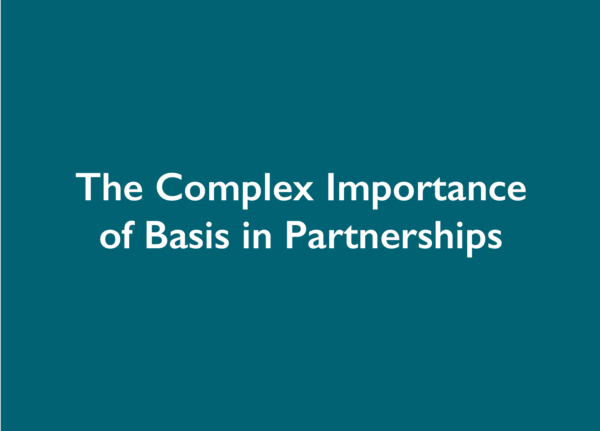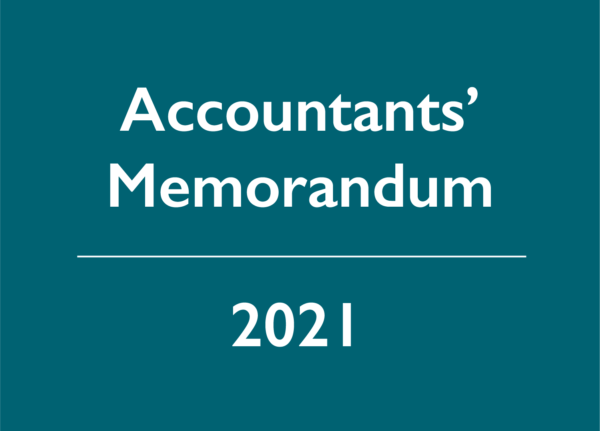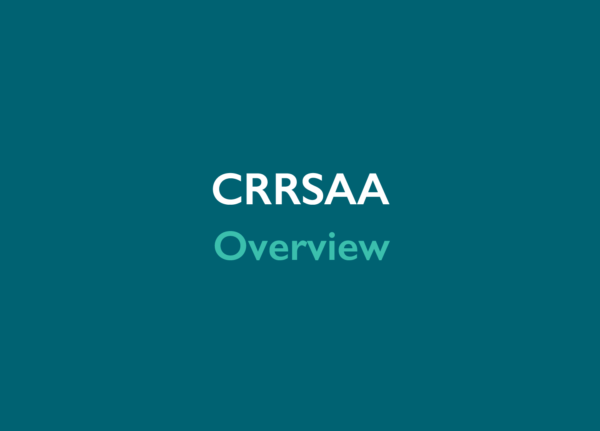The new COVID-19 relief law that was signed on December 27, 2020, contains a multitude of provisions that may affect you. Here are some of the highlights of the Consolidated Appropriations Act, which also contains two other laws: the COVID-related Tax Relief Act (COVIDTRA) and the Taxpayer Certainty and Disaster Tax Relief Act (TCDTR). Direct […]
by David Lam | On December 8, premier information security company FireEye released in a blog post that it had been hacked. Several days later, the U.S. government reported that many federal agencies were also breached as a result of a major attack on IT software provider SolarWinds. So, how can small or medium-size businesses possibly stay secure? Read […]
If you’ve worked to build a large estate, you undoubtedly would like to leave a lasting legacy to your children and future generations. Educating your children about saving, investing and other money management skills can help keep your legacy alive. Teaching techniques There’s no one right way to teach your children about money. The best […]
In one recent cybercrime scheme, a mortgage company employee accessed his employer’s records without authorization, then used stolen customer lists to start his own mortgage business. The perpetrator hacked the protected records by sending an email containing malware to a coworker. This particular dishonest worker was caught. But your company may not be so lucky. […]
by Nicky Lipset, CPA You may think of basis mainly in terms of selling an interest in stock or selling a house, but there are many implications of basis in diverse transactions. Keeping track of basis, in partnerships specifically, is important as it can create tax implications based on various factors. Below are some […]
Miller Kaplan, a top-100 certified public accounting firm, is pleased to announce that Igal Khoshlesan, CPA has been promoted to partner. Khoshlesan, with more than 15 years of public accounting experience, specializes in employer compliance and audit and assurance services for employee benefit plans and nonprofit organizations. “Igal has proven to be a steadfast resource […]
Private sector employers have been retreating from the defined benefit (DB) pension model of retirement plans for decades. This is largely motivated by a desire to “de-risk” the organization from an uncertain, long-term financial obligation. The COVID-19 pandemic has also caused many sponsors of DB plans to consider the costs involved in their pensions. One […]
When it comes to taxes, December 31 is more than just New Year’s Eve. That date will affect the filing status box that will be checked on your 2020 tax return. When filing a return, you do so with one of five tax filing statuses. In part, they depend on whether you’re married or unmarried […]
Each year, public companies must assess the effectiveness of their internal controls over financial reporting (ICFR) under Section 404(a) of the Sarbanes-Oxley Act (SOX). In some cases, private companies should follow suit. In addition, a public company’s independent auditors are generally required to provide an attestation report on management’s assessment of ICFR under Sec. 404(b); however, […]
By Nicholas Sanchez, J.D., LL.M. Taxation Sunday night, December 27, 2020, President Trump signed the Consolidated Appropriations Act, 2021, H.R. 133, Division M of which includes the Coronavirus Response and Relief Supplemental Appropriations Act, 2021 (“CRRSAA” or “the Act”). The Act contains many tax provisions, one of the most anticipated being clarification on the […]












